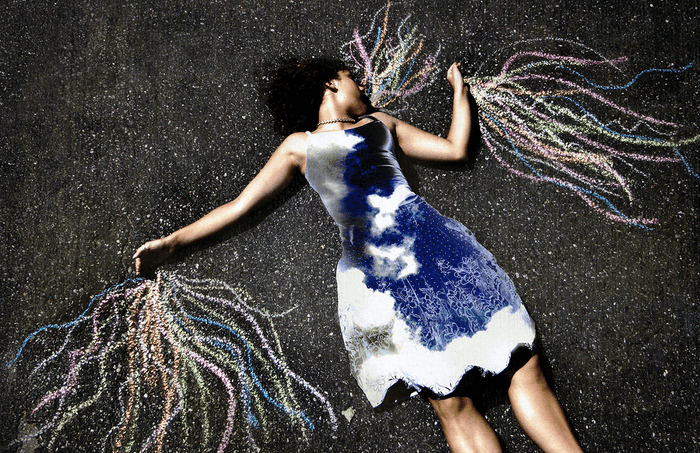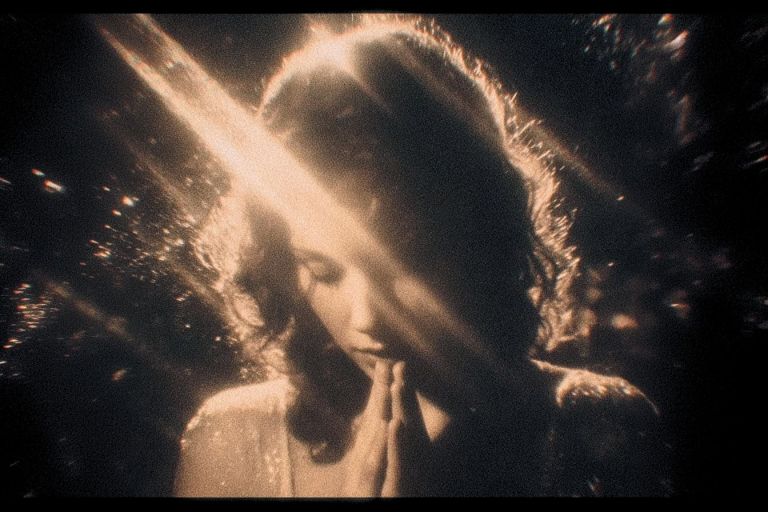
To The Girls Who Believe In Self-Love, But Kind Of Still Want A Nose Job
And it's not because wanting to make yourself prettier is incongruous with being supportive of women, it's because it highlights all that is maybe-not-100-percent-sincere in our feminist rhetoric.
Since I was a little girl, I’ve always had a little trouble breathing. I was the “snoring girl” at slumber parties — a girl you don’t want to be, trust me — and it took me many years to learn how to overcome the slight break in my nose that causes me to breathe poorly. (I can proudly say that, today, I am mostly only a drunk snorer.) My main concern, though, if I’m being honest, has always been the aesthetic effects of this break: my nose looks different from one side to the other. It’s minor, and I must say I’m rather happy with my “good” side — I just wish that it were even, the charming button nose I should have inherited from my mother.
When, a few years ago, my mother frankly offered to have my septum fixed for me, I held off. It wasn’t because I didn’t want to join the Free Breathing Community, it was because that surgery alone wouldn’t change the overall aesthetics of my nose, and I knew I couldn’t front the money it would take to tack a rhinoplasty onto the operation. (For those curious, yes, a lot of people do say “I had my deviated septum fixed” as a cover for a nose job. Though many people get them at the same time, usually the septum surgery only changes nose appearance to a minor degree. It’s half a lie, but let people have their delusions.)
Recently, it occurred to me that I am at a point in my life where, if I wanted one, I could feasibly get a nose job myself. And I immediately felt, more than I ever had before, like an enormous hypocrite. Because the lure of walking out of a doctor’s office with the small, even nose I’d always wanted suddenly felt more important than anything I’d ever said about loving yourself for who you are, and not what you look like.
And don’t get me wrong, I know that I don’t have the kind of nose that would be akin to my parents getting braces for my comically-crooked teeth when I was a teenager. Those cosmetic choices we always view more as “eliminating a handicap,” because the offending body part is so out of whack with the rest of one’s appearance that the change is hardly cosmetic at all. I know that my nose would be merely putting my face in a more flattering light and, if I’m lucky, raising me a half a point on the infamous 1-to-10 scale. These choices — the ones that are cosmetic in the pure sense of the word — feel like a deep betrayal of the kind of things we espouse as feminists. And it’s not because wanting to make yourself prettier is incongruous with being supportive of women, it’s because it highlights all that is maybe-not-100-percent-sincere in our rhetoric.
The truth is that looks do matter, in a very real way. No matter the industry, we all know people who have gotten where they are partially because of talent, but also significantly because the whole world is subconsciously (or consciously) pleased with their presence. Proximity to beauty is intoxicating, and we know that it has a profound effect on our success in this world. Pretty Privilege, no matter how we want to package it, is a real thing — and it’s deeply real for both men and women. (Hell, it may be even more true for men in the business world, if you’re talking to a short man who dreams of one day being a CEO.)
And more than just being a reality of the world we live in, it seems something that is almost guaranteed to continue indefinitely. Standards of beauty — no matter how much they vary from culture to culture — have dictated evolutionary preference and social status for as far back as we can measure. And while it feels good to say that we shouldn’t care about what’s on the outside, but focus on who we are in terms of personality, it doesn’t feel like terribly practical advice for the world we live in.
No matter how much I preach total self-acceptance, I will always dress a certain way before I leave the house. I will always want to present myself, aesthetically, in the best possible way before an important meeting or event. And I will always know, on some level, that a more symmetrical nose would have an immeasurable-but-real butterfly effect on the rest of my life. The question is merely how much that effect will be, and if it is worth the money and the (measured) risk involved. And while there is deep value in promoting body positivity and a more personality-driven view of the self, that will ultimately be a battle that is fought and won in our own heads. The people we encounter every day will always be an external, and likely harsh, judge of our value.
Some of us are destined to be beautiful, some of us aren’t. But we all play the hand we are dealt, and have only one life to play it. The indifferent reality of the universe is that sometimes we have to choose between being faithful to the self-love rhetoric we profess, and experiencing life through the eyes of someone marginally more attractive than we are. And I suppose, in this case, it all comes down to what we want to see. ![]()











